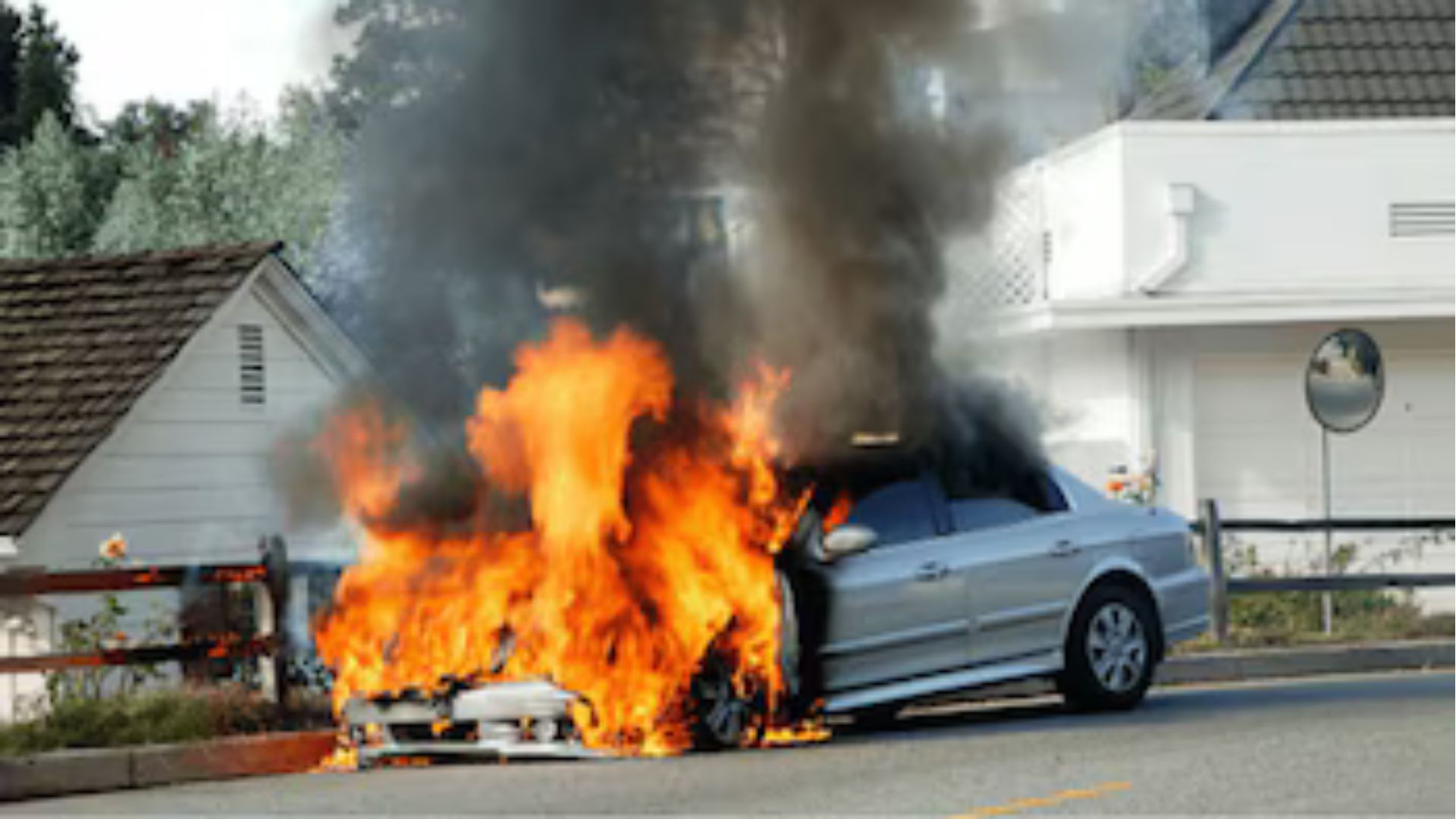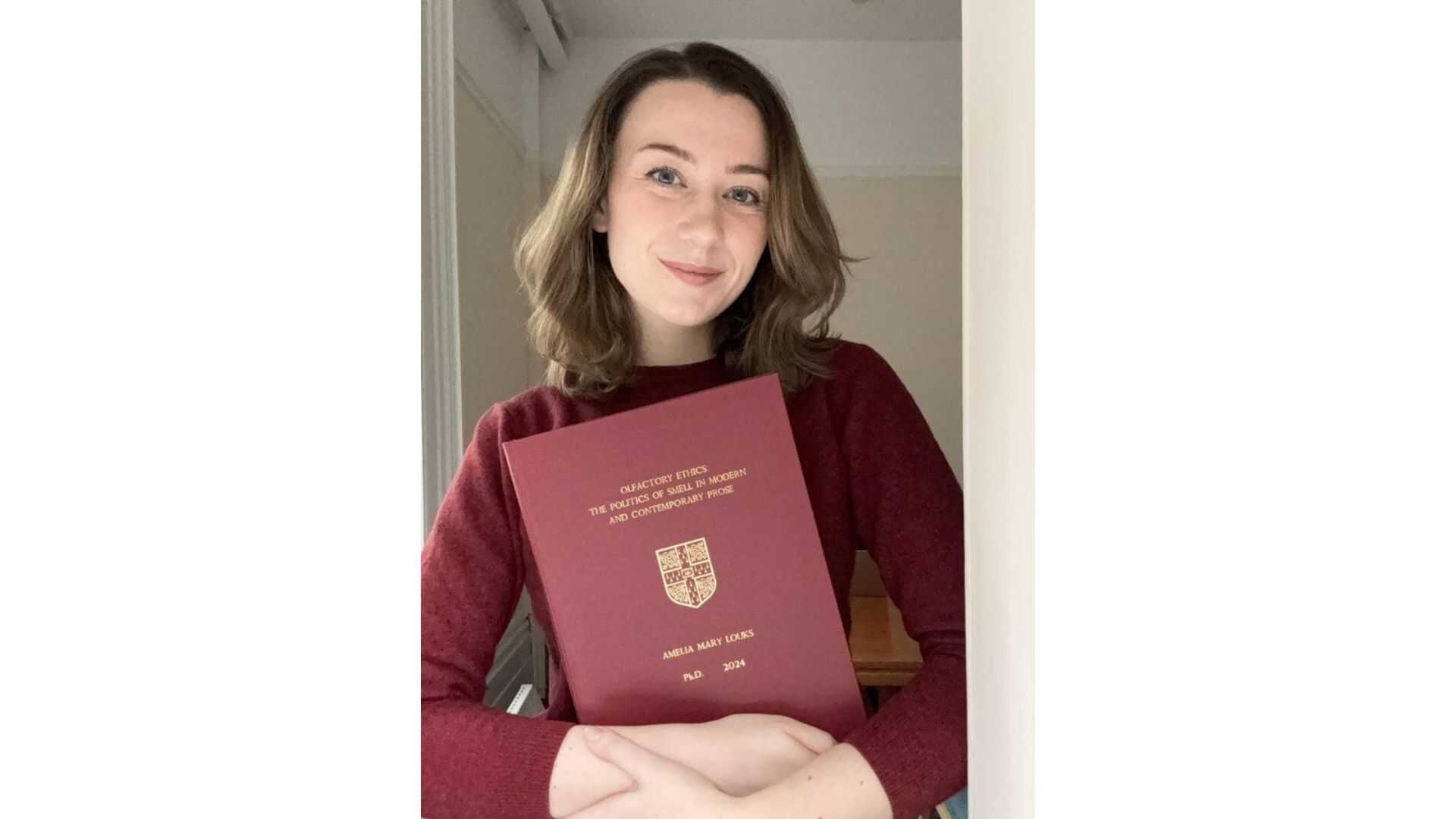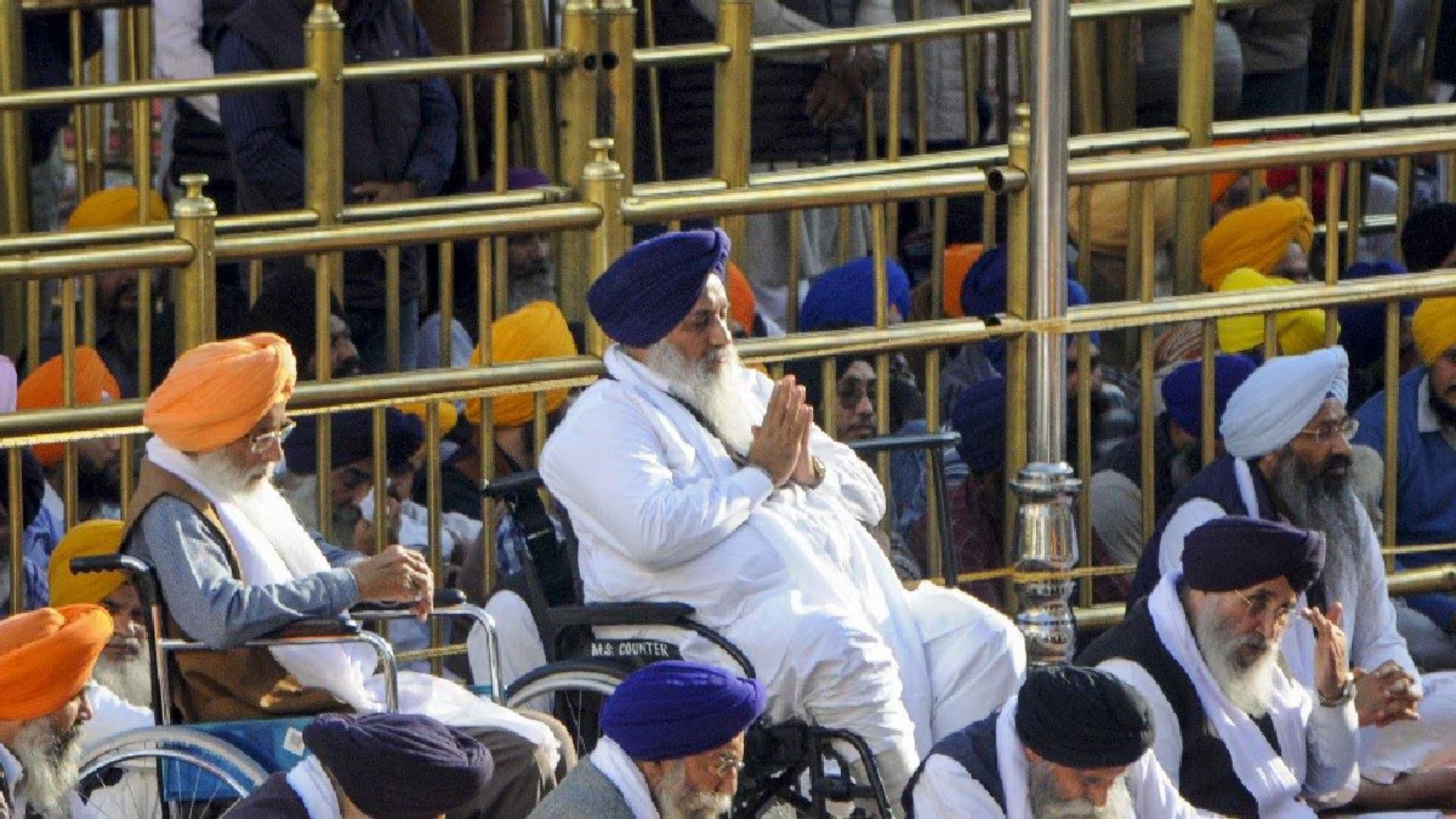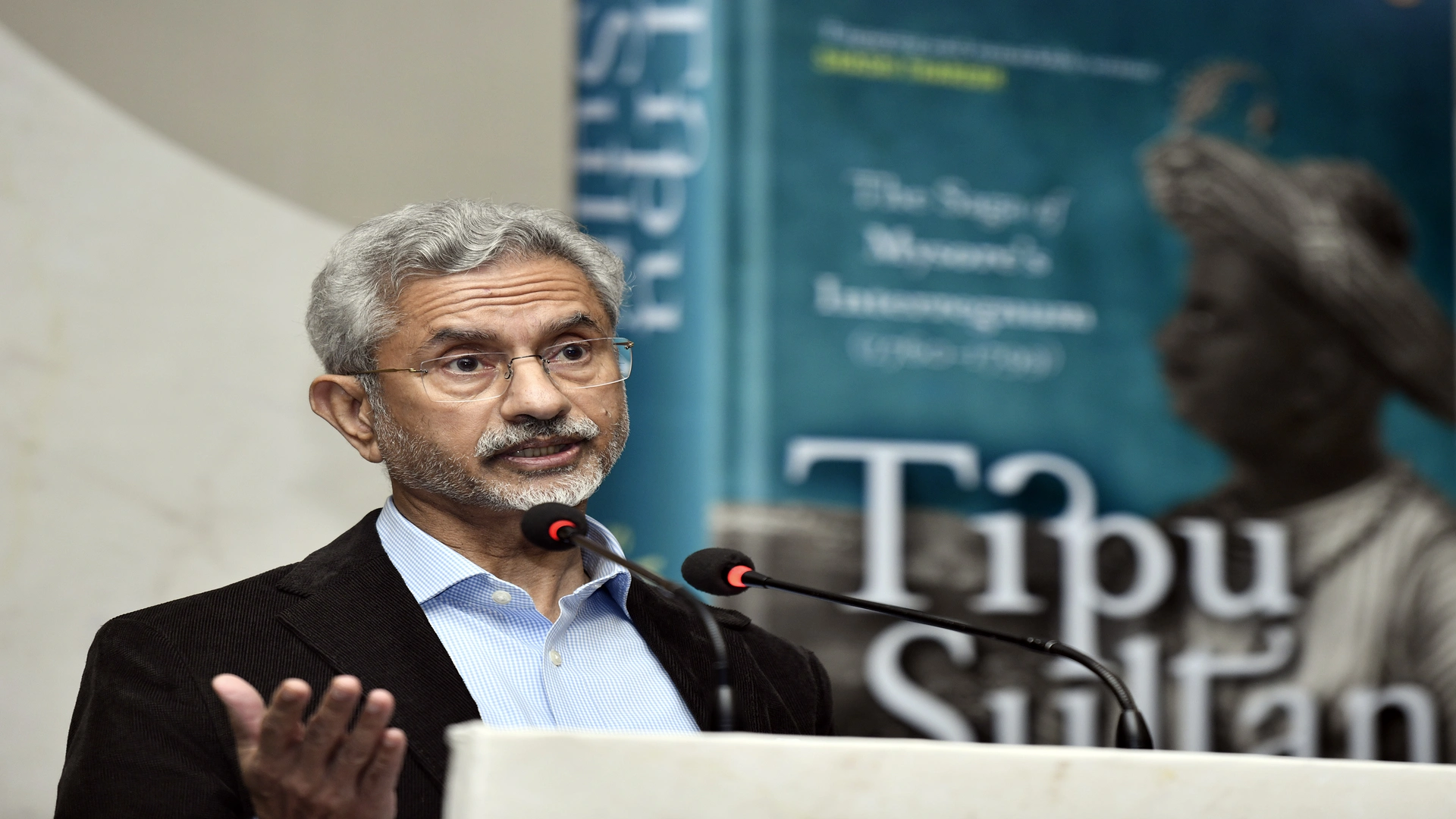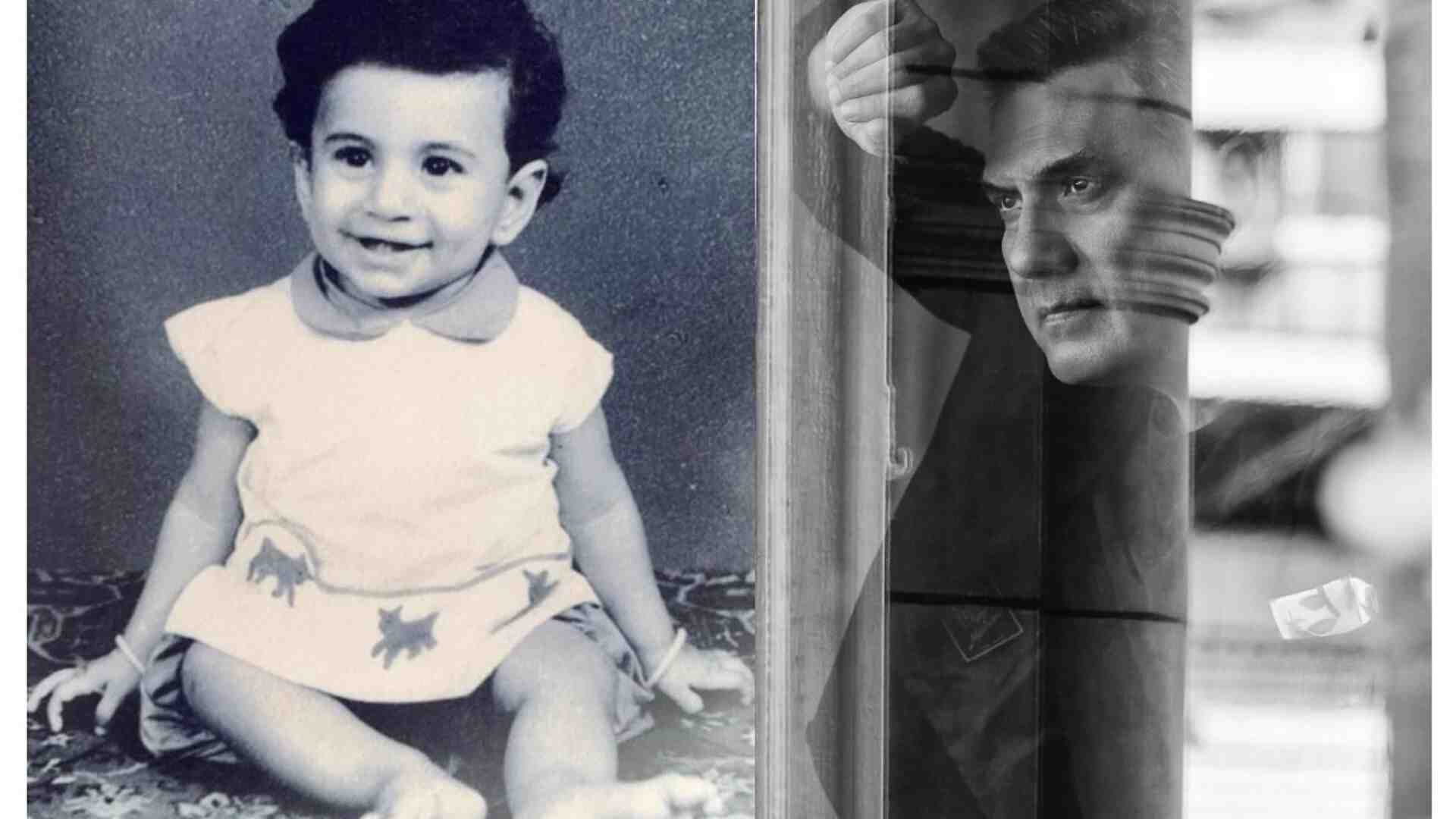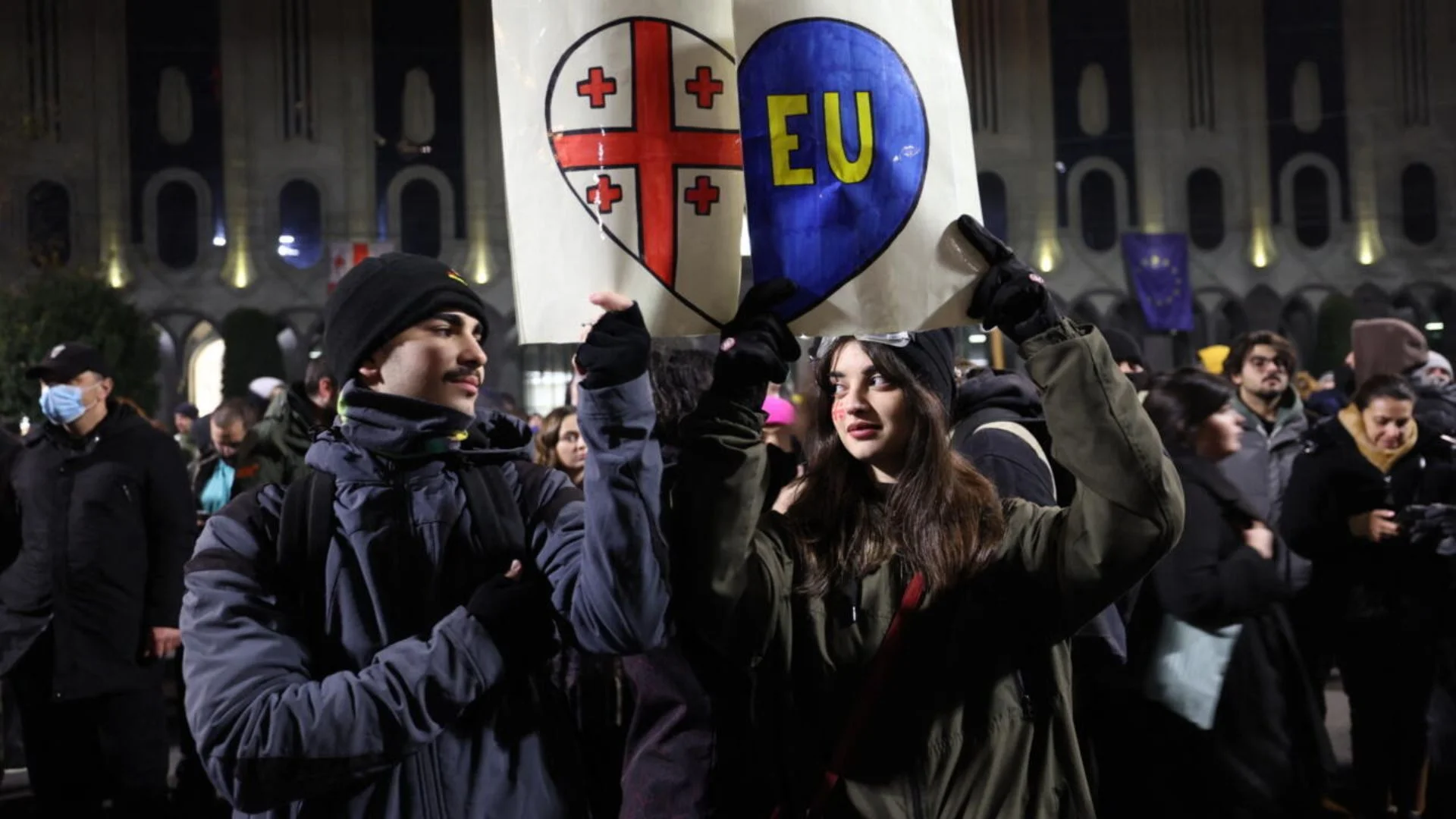
Georgia President Salome Zourabichvili, currently in a standoff with her own government, urged European nations on Monday to confront what she describes as Russia’s growing influence over her country. Her comments came after four consecutive nights of violent clashes between protesters and police, sparked by the Georgian Dream party’s recent suspension of talks regarding EU membership.
Critics viewed this move as a sign of Georgia’s potential pivot away from its pro-Western policies, signaling a shift toward Moscow’s sphere of influence a claim the ruling party denies. Zourabichvili, whose role is primarily ceremonial, expressed her frustration on France Inter radio, stating, “We want our European destiny to be returned to us. This is the revolt of an entire country.”
The 72-year-old president, born in France to Georgian parents, accused Russia of waging a “hybrid strategy” not just against Georgia, but also against other countries like Moldova and Romania, which are part of NATO and the EU. She stressed the need for Europe’s “clear moral and political support” as her country faces increasing pressure from Moscow.
Kremlin spokesman Dmitry Peskov dismissed the claims of Russian interference, drawing comparisons to Ukraine’s 2014 “Maidan” revolution, which led to the ousting of a pro-Russian president. Meanwhile, former Russian president Dmitry Medvedev warned that Georgia’s path could mirror Ukraine’s descent into turmoil, predicting disastrous outcomes for the country.
United States and the EU have expressed concern over what they see as a decline in Georgia’s democratic standards. The country, with a population of 3.7 million, is strategically located at the crossroads of Europe and Asia and was once part of the Soviet Union.
The Georgian government, which recently passed a controversial “foreign agents” law and implemented restrictions on LGBT rights, defends its actions as necessary to shield Georgia from foreign interference and prevent it from being drawn into a conflict with Russia, like Ukraine. Prime Minister Irakli Kobakhidze accused opposition groups of orchestrating violence aimed at destabilizing the government and undermining the country’s constitutional order.

